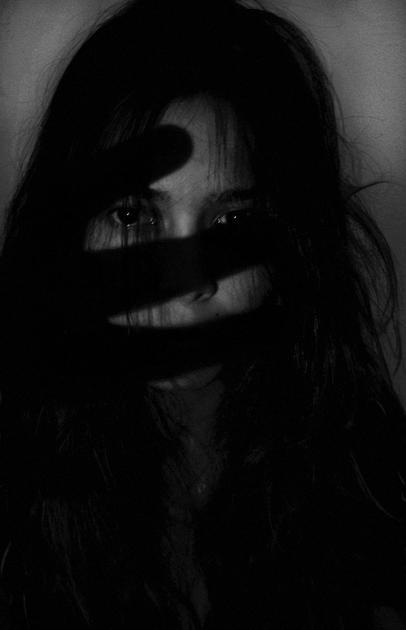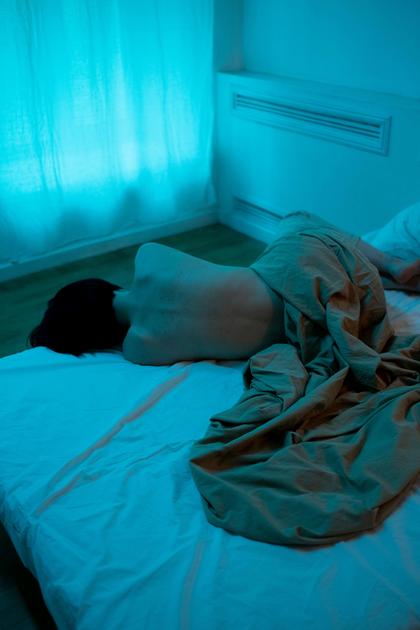If you’re a woman over 30 experiencing hair loss, you’re certainly not alone. Many women silently struggle with this distressing issue, often feeling confused and frustrated. The hidden causes of hair loss in women can range from hormonal imbalances to stress, yet many of us remain unaware of these links. This article will shine a light on the underlying reasons for hair loss and propose gentle, effective approaches to help you reclaim your hair and confidence.
As we journey into understanding this condition, we also acknowledge the emotional toll it takes. You may have dealt with feelings of anxiety or inadequacy as your hair density changes. But there is hope — as you read on, consider how many women are addressing these concerns without resorting to heavy medications. .
Join Thousands of Women Rediscovering Their Energy
This gentle method gave me back the vitality I thought was gone forever
Understanding Hair Loss: Why It Matters
Hair loss in women, especially after the age of 30, can be a distressing experience. This type of hair loss often goes unnoticed until it becomes significant. Understanding why it matters is crucial for addressing the issue and breaking free from the emotional weight it brings.
Many women may feel embarrassed or anxious about their hair loss. It’s essential to recognize that you are not alone; many women face this challenge. Hair loss can impact your self-esteem and how you feel about yourself. It can lead to feelings of insecurity, which can bubble beneath the surface, affecting interactions and relationships.
Being informed about why hair loss occurs can empower you to take steps toward addressing the issue, helping you regain your confidence and well-being.
Hormonal Changes and Their Impact on Hair Health
As women age, hormonal fluctuations become more common, especially around the age of 30. These changes can significantly impact hair health. For instance, estrogen levels decline, which can lead to reduced hair growth. The hormonal imbalance can trigger hair thinning or shedding, resulting in a more noticeable hair loss pattern.
Conditions like polycystic ovary syndrome (PCOS) can also lead to hair loss due to excess androgen production. Understanding these hormonal factors is vital in addressing hair loss effectively.
The Role of Nutrition in Hair Growth
Nutrition plays a crucial role in hair health. A well-balanced diet rich in vitamins, minerals, and proteins is necessary for healthy hair. Deficiencies in key nutrients like biotin, zinc, and vitamin D can contribute to hair thinning or loss. Therefore, paying attention to what you consume can significantly affect your hair’s health.
Incorporating foods such as leafy greens, nuts, seeds, and lean proteins into your meals can provide the essential nutrients that support hair growth.
Stress and Its Surprising Effects on Your Locks
Stress is another hidden culprit that affects hair health. It can trigger a condition known as telogen effluvium, where hair follicles enter a resting phase, leading to hair shedding. The pressures of work, family, and personal life can accumulate, causing both physical and emotional stress.
Finding ways to manage stress, such as through meditation, exercise, or hobbies, can help mitigate its impact on your hair and overall well-being.
Common Medical Conditions Linked to Hair Loss
Various medical conditions can contribute to hair loss after 30. Some common disorders include:
- Alopecia Areata: An autoimmune disorder that causes hair to fall out in patches.
- Thyroid Disorders: Both hypothyroidism and hyperthyroidism can lead to hair loss.
- Anemia: Iron-deficiency anemia can also result in thinning hair.
- Scalp Conditions: Issues like dandruff or fungal infections can affect hair health.
Consulting a healthcare professional can help identify any underlying medical conditions affecting your hair.
The Psychological Effects of Thinning Hair
The psychological impact of thinning hair can be profound. Many women may experience feelings of sadness, anxiety, or even depression due to their changing appearance. It’s essential to recognize these feelings as valid and understand that hair loss is a common issue.
Building a support network, whether through friends or support groups, can provide emotional comfort while dealing with this struggle. Seeking a therapist or counselor can also help navigate the emotional challenges associated with hair loss.
Natural Remedies to Encourage Hair Growth
There are various natural remedies you can try to promote hair growth. Here are a few:
- Essential Oils: Massaging your scalp with oils like rosemary or peppermint can stimulate blood circulation and encourage hair growth.
- Aloe Vera: Known for its soothing properties, aloe vera gel can help reduce scalp irritation and promote healthier hair.
- Onion Juice: Though it may sound unusual, applying onion juice to the scalp has been linked to hair growth stimulation due to its sulfur content.
While these remedies may help, results can vary, and it’s crucial to be patient.
Lifestyle Changes for Healthier Hair
Making lifestyle changes can also contribute to healthier hair. Here are some tips:
- Regular Exercise: Physical activity boosts circulation, promoting hair health.
- Hydration: Drinking plenty of water keeps your body and hair hydrated.
- Sleep: Ensure you’re getting enough restful sleep, as quality sleep can affect hair growth.
Incorporating these habits into your routine can create a positive environment for your hair.
When to Seek Professional Help
While some hair loss is normal, knowing when to seek professional help is crucial. If you notice sudden or patchy hair loss, or if your hair loss is accompanied by other symptoms, it’s advisable to consult a dermatologist or a trichologist.
They can perform tests to identify the underlying cause and suggest appropriate treatments tailored to your needs. Don’t hesitate to reach out for help; taking this step can lead you towards effective solutions.
Embracing Your Beauty: Finding Confidence
As you navigate through the changes that come with age and a potential loss of hair, it’s essential to remember that beauty comes in many forms. Embracing your unique self, regardless of your hair situation, is key to building confidence.
Many women are finding ways to embrace their beauty through hairstyle changes, color variations, or even stylish headscarves. Recognizing that your worth is not solely defined by your hair can be liberating. You are beautiful just as you are.
Feeling overwhelmed? You’re not alone. See how many women are tackling this issue without heavy medications. check it out here.
With the right approach and support, it’s possible to improve your hair health and feel confident again. Many women have walked this path and discovered simple steps leading to positive changes. Don’t hesitate to explore the solutions available for you on your journey.
Join Thousands of Women Rediscovering Their Energy
This gentle method gave me back the vitality I thought was gone forever







